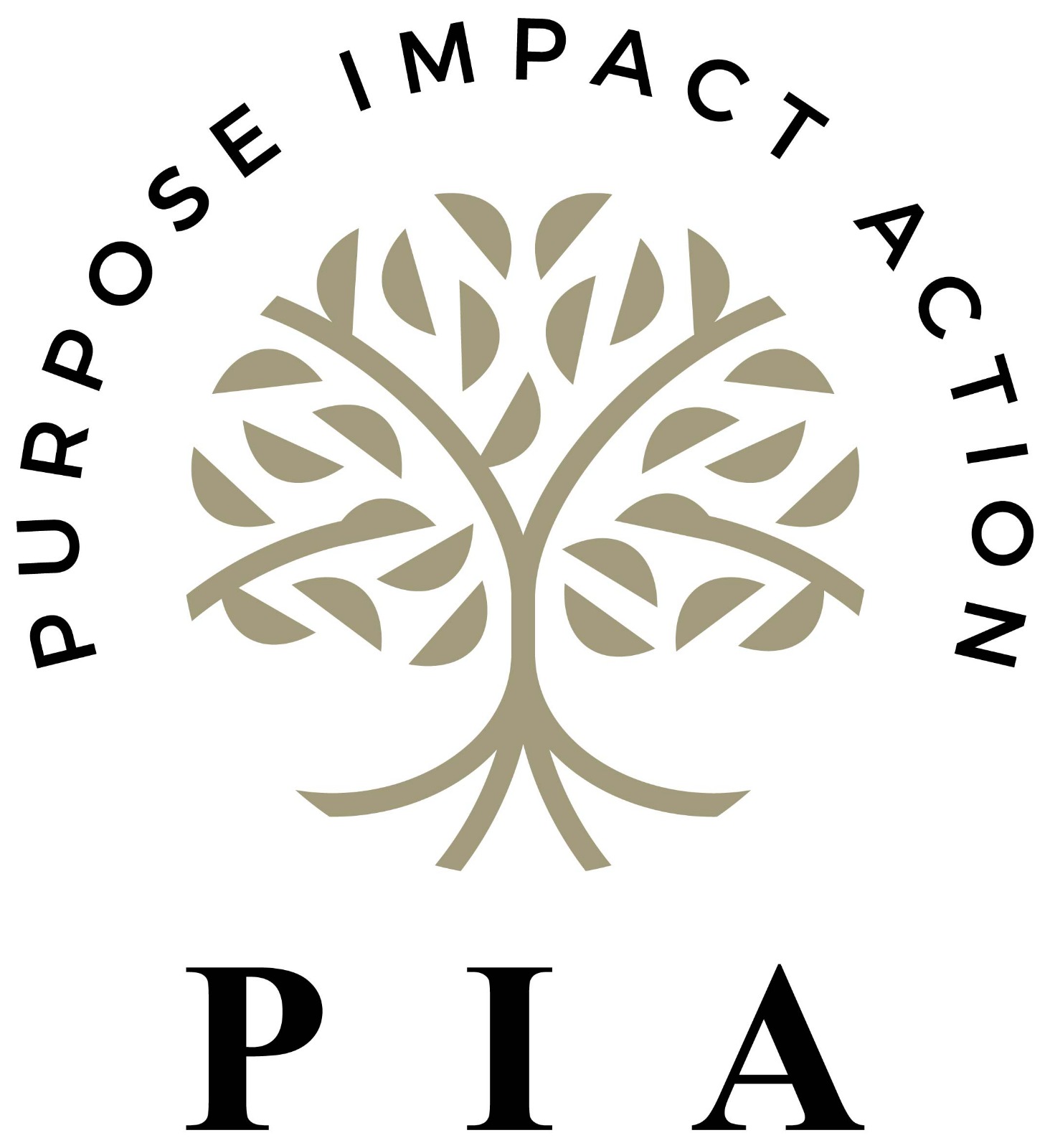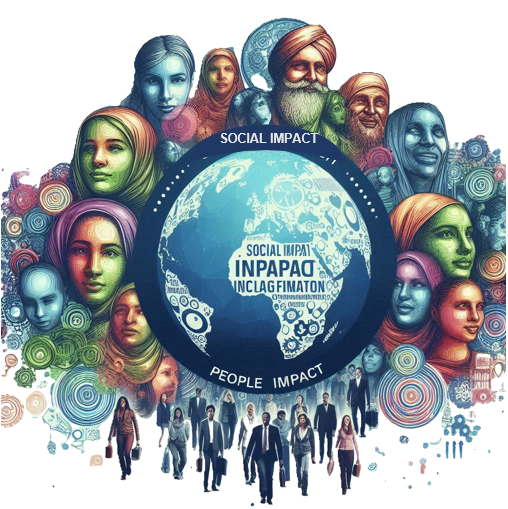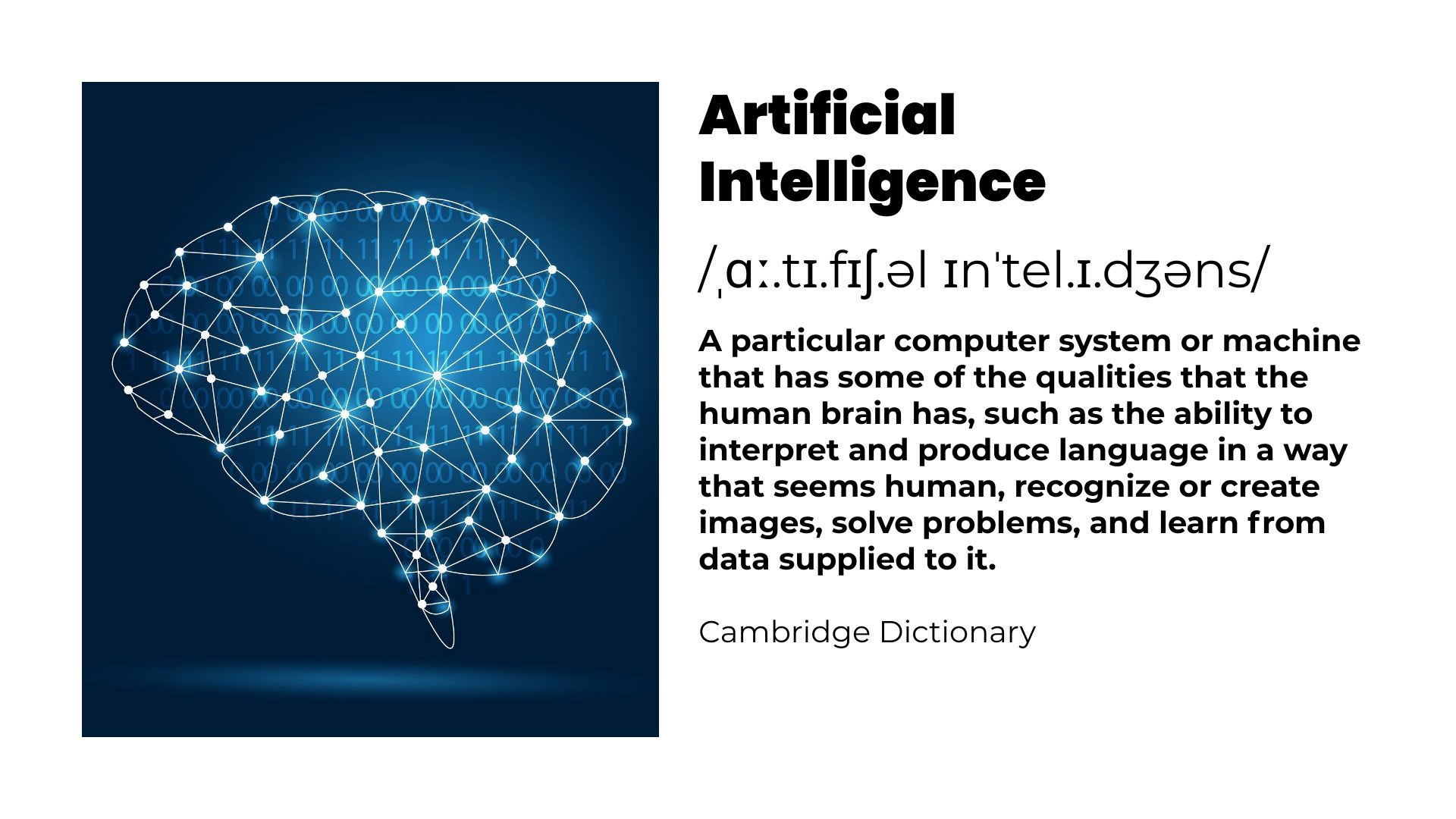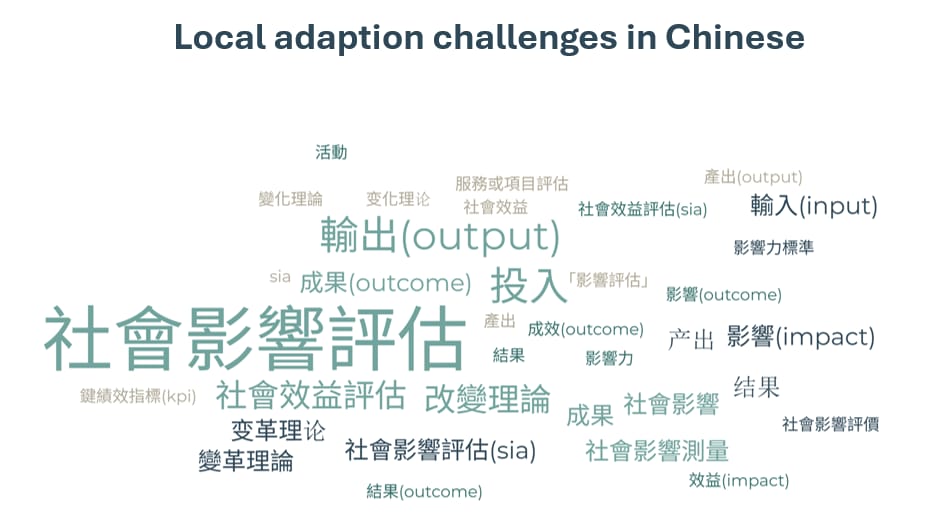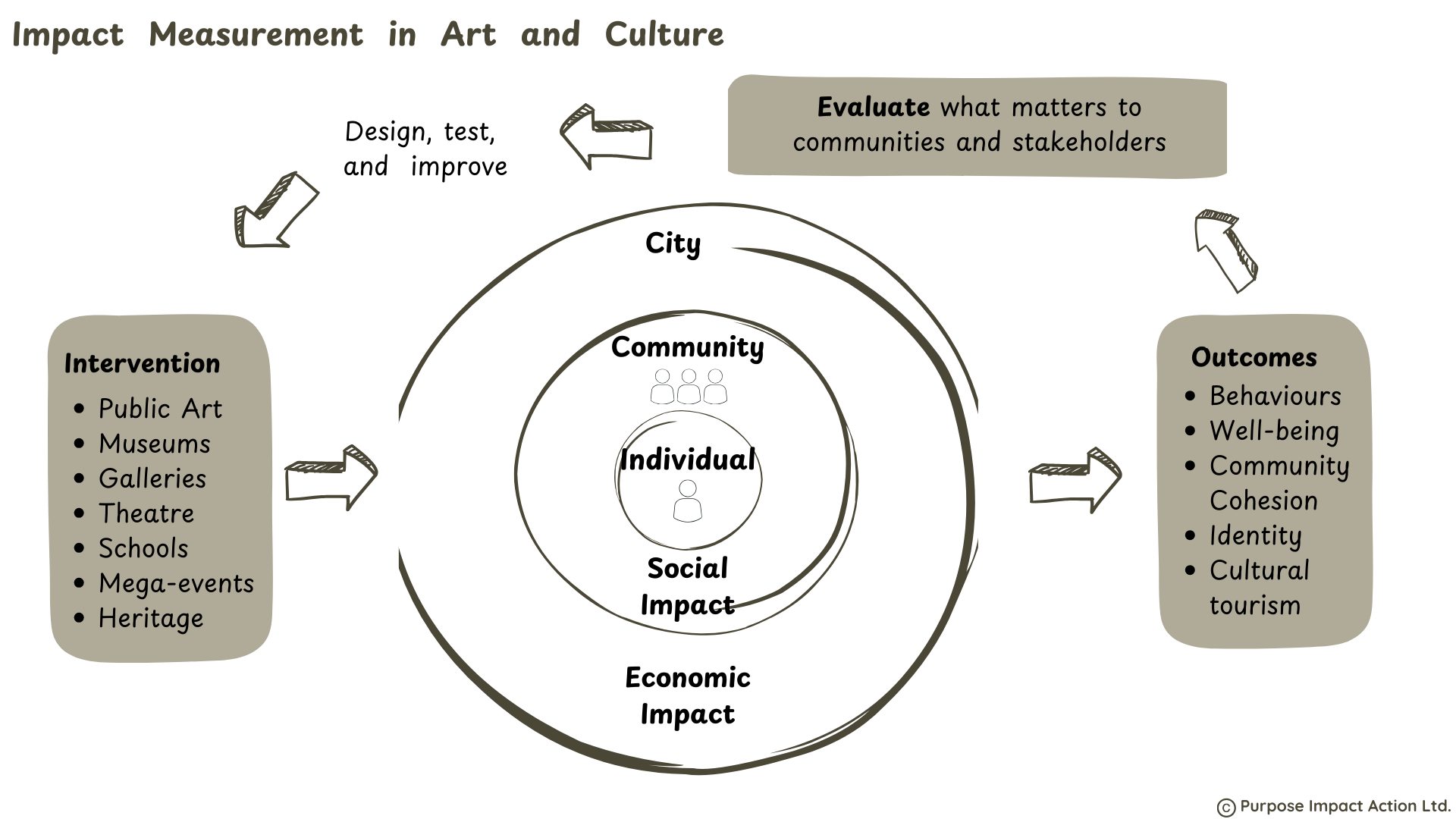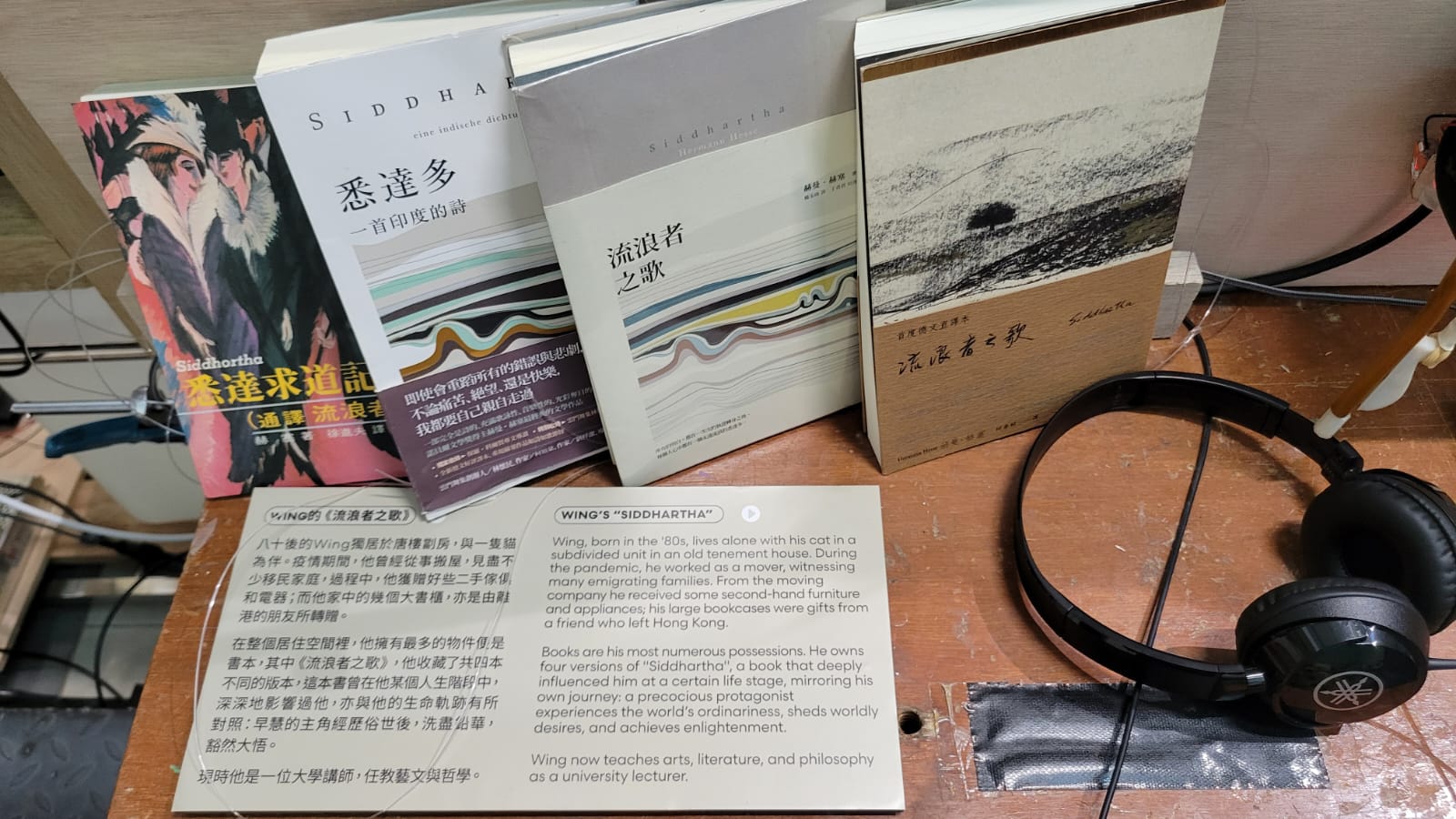On 12 September 2025, we once again joined ReThink, the annual sustainable business event in Hong Kong, to host a roundtable workshop to offer the event’s participants an opportunity to take a deep dive into issues related to sustainable business development.
Titled “Rethinking Sustainability Actions for Hong Kong SMEs”, our workshop kick-started with a panel discussion, where Jerwine Que, Co-founder and Managing Director of The Blomstre; Pia Wong, Founder and CEO, Purpose Impact Action; and Dennis Ngai, Senior Vice President Sustainable Finance, Institutional Banking Group DBS Hong Kong, shared their knowledge and insights on the current landscape of sustainability actions by Hong Kong SMEs, the challenges facing SMEs when implementing and communicating meaningful sustainability actions, as well as the solutions, resources, and tools available to help them accelerate their sustainability agendas and actions.

The Rising Trend of SME Sustainability Actions and Consumer Preferences
Drawing on his professional experience in supporting companies of various sizes to achieve sustainability actions, Dennis shared the findings from a 2024 DBS Bank survey on Hong Kong SMEs’ sustainability readiness.
“A majority of Hong Kong SMEs (70%) aspire to integrate sustainability into their business operations, in which 28% have already taken action,” said Dennis. “Meanwhile, 68% of consumers actively seek out sustainable options when choosing F&B outlets or retailers. What we also found is that 60% of SMEs said that they adopted a sustainable business model due to social and ethical responsibility, 51% said it was to create a positive brand image, 47% did so to comply with government regulations, while 31% said it was in response to demand from customers and other stakeholders.”
Encouragingly, consumer preference for sustainable businesses is on the rise. Said Dennis: “According to the DBS survey, 91% consumers said they had a positive impression of businesses embracing sustainability, and 88% considered sustainability important in their purchasing decisions. 79% of the consumers said they were willing to pay more for sustainable options, with 13% expressing that they were prepared to pay a premium of 10% or more for sustainable options.”


This is corroborated by the observation of Jerwine, who co-founded The Blomstre with her husband, Aaron Que, and set out from the start to create positive social and environmental impact through their social enterprise: “When we started The Blomstre, our mission was – and still is – to capture, illuminate, and celebrate moments of human connection with scents that anchor us. From day one, we have built sustainability into how we work, and I have seen firsthand how much it matters to customers. More SMEs in Hong Kong are now embracing sustainability. Sustainability isn’t just a ‘nice-to-have’ anymore; it is what helps SMEs like us grow and stand out.”


Challenges Facing Hong Kong SMEs
However, SMEs face numerous challenges when it comes to implementing and communicating their sustainability actions. This is reflected in a white paper released by Purpose Impact Action in May this year, which zoomed in on the social impact measurement gap in Hong Kong.
Said Pia, who founded Purpose Impact Action to help purpose-driven businesses and social impact organizations evaluate, improve, measure, and communicate their social impact. “One of the key sector challenges we see is measuring output versus measuring outcomes, the latter of which signifies actual behavioural changes and meaningful impact. While two-thirds of the respondents said they measured their impact, the majority of them (83%) tracked outputs and only half (57%) measured outcomes.
“In general, SMEs struggle to quantify their social contributions alongside financial performance. But when done well, impact measurement shifts the conversation from ‘prove your worth’ to ‘let’s amplify your impact’, or from ‘compliance cost’ to ‘competitive advantage’.”


On the challenges, Jerwine readily agreed. “Growing a sustainable business in a practical way is tough. Some of the biggest challenges I have faced as a social entrepreneur are financial constraints and higher operational costs. Many social entrepreneurs would agree on the same struggles: limited manpower, resource constraints, and not enough know‑how to truly integrate ESG goals. Sometimes I wish SMEs could tap into a fractional Chief Sustainability Officer to guide us in scaling more meaningfully!”
From his experience in supporting SMEs’ sustainability journeys, Dennis observed two major challenges facing SME owners when integrating meaningful sustainability actions into their business operations. “There is a lack of knowledge and capacity within SMEs. Many small business owners simply don’t have the time, resources, or expertise to navigate the complex world of ESG reporting and compliance. They may not fully understand the benefits of ESG, or how to effectively integrate it into their operations. This knowledge gap can be a significant barrier to implementation.
“Another challenge is the fragmented bargaining power of SMEs. Unlike larger corporations, SMEs often lack the clout to influence their suppliers, customers, or industry associations when it comes to ESG-related matters. They may need to rely on these external organizations or even banks to help them navigate the ESG landscape. This can make it more difficult for SMEs to implement ESG practices that are tailored to their specific needs and challenges.”
No Better Time than Now to Integrate Meaningful Sustainability Actions
These challenges are further compounded by the rollback of sustainability regulations and policies in some parts of the world, namely the US and parts of the EU.
At the same time, however, opportunities abound. For example, since January this year, the Hong Kong Stock Exchange has required listed firms to disclose their Scope 1 and 2 greenhouse gas emissions, as well as the indirect (Scope 3) emissions that occur in their supply chains. The rigorous standards of the ESG Code have prompted more companies to work with suppliers that are equipped with climate-related data tracking systems.
Moreover, the Hong Kong government’s launch of the Roadmap on Sustainability Disclosure in Hong Kong: Ambition Assurance Enablement in December 2024, outlining the government’s vision for Hong Kong to be among the first jurisdictions to align the local sustainability requirements with the International Sustainability Standards Board (ISSB), marked a significant step forward for ESG reporting in Hong Kong.
The increase in sustainability and ESG efforts in the Hong Kong business sector is reflected in the HKTDC ESG Index 2025 survey, where 90% of respondents said that ESG considerations are integral to their business decision-making, and ESG-compliant products and services can both command higher prices and deliver wider profit margins.
This is largely because people are increasingly demanding more sustainability actions from businesses and governments. According to the 89 Percent Project, a year-long, global journalistic initiative launched in April this year, 80-89% of people all around the world demand stronger climate actions from their governments.

Amidst seemingly conflicting forces, the panelists were nonetheless optimistic about the continuous upward trend for sustainability actions by SMEs.
Said Jerwine: “I see this as a real window of opportunity for SMEs. With the HKEX disclosure rules, larger companies are under pressure to track emissions across their supply chains, which means they are actively looking for SME partners who can provide climate‑related data and sustainable solutions. This creates a competitive edge for small businesses that invest in ESG readiness, and it is very encouraging for purpose‑driven brands like The Blomstre. In general, it is clear: people want stronger sustainability actions, and SMEs that step up now can position themselves not just as suppliers, but as trusted businesses.”

“The HKEX ESG disclosure requirements, though only applied to listed companies, have a wider impact due to the Scope 3 and supply chain disclosure requirements,” said Dennis. “This will cascade down the supply or value chain, affecting a broader group of businesses, including SMEs. This presents both risks and opportunities for SMEs. For those who are less prepared or lack the necessary resources, the ESG disclosure requirements may feel overwhelming to keep up with. However, in the long run, as the economy continues transitioning towards greater climate and ESG awareness – an inevitable trend – this ‘initial pain’ can benefit those SMEs who are able to effectively integrate ESG into their business. By doing so, these SMEs can better future-proof themselves and unlock new business opportunities. Companies that excel at ESG implementation will be well-positioned to meet the evolving expectations of customers, investors, and regulators. They may also gain a competitive edge by demonstrating their commitment to sustainability and responsible practices.”
In agreement was Pia, who added that SMEs in Asia, in particular, have a huge opportunity to leverage the evolving social impact landscape to redefine sustainability development on our own terms. “Where Western frameworks tend to be more structured and rigid, according to research by the Centre for Asian Philanthropy and Society (CAPS), Asian ecosystems thrive on informal networks, trust, and long-term partnerships. Businesses, social entrepreneurs, and nonprofits can collaborate more effectively by adopting outcomes-based frameworks, aligning on shared goals, like the UN SDG goals.”
Pia encouraged companies to consider working with nonprofits and charities to help these organizations build capacity while achieving sustainability goals for their companies. “For example, Bring Me a Book Hong Kong, a nonprofit, entered into a partnership with EPAM, a tech solution and consultation provider, where EPAM helped the nonprofit revamp its website, enhance its digital programs, and create the world’s first bilingual search engine for kids’ books. This partnership not only enabled EPAM and Bring Me a Book Hong Kong to achieve SDG Goal 4: Quality Education, but it also boosted operational efficiency and employee engagement for EPAM.”

Empowering HK SMEs to Accelerate Sustainability Agendas and Actions
From their respective experiences and perspectives, Jerwine, Pia, and Dennis have discovered and developed effective solutions, tools, and resources that can empower Hong Kong SMEs to accelerate their sustainability agendas and actions.
Said Jerwine: “Collaborating with larger companies and stakeholders through strategic partnerships can provide SMEs with insights into their customers’ ESG data requirements, sustainability expectations, and opportunities for growth. For example, at The Blomstre, we have worked with corporate partners and clients who not only support our products but also share their sustainability and compliance requirements. This has guided us in refining our processes and made our offerings more relevant to both business and community needs. Partnerships like these turn sustainability from a challenge into a real growth solution.”
Additionally, various grants such as government funding or private funding, like those offered by the DBS Foundation focusing on social enterprise and purpose-driven SME, can be helpful too. Said Dennis: “DBS also offers sustainability capacity building initiatives for SMEs from time to time. In Singapore, DBS is running a large-scale ESG SME capacity building program called ‘Queenbee’ to engage SMEs, leveraging a local government initiative. In the Hong Kong context, DBS contributes to SME sustainability development through the SME Sustainability Bootcamp. This program is designed to equip SMEs with the knowledge and tools needed to integrate ESG practices into their business operations.”
Cross-sector Roundtable Discussions on Sustainability

The panel discussion was followed by roundtable discussions, where participants at the seven tables shared the challenges they faced and solutions they found when integrating meaningful sustainability actions into their business operations or supporting SMEs to do so.
Representatives from MYSC, a South Korea-based initiative that offers outcome-based no-strings financing to impact-driven enterprises, shared a vision for changing the impact financing system, including here in Hong Kong, not least by attracting more like-minded funders through the success of MYSC’s model.


Yulia Kim, Founder and Floral Designer of Blooms Forever, which specializes in sustainable, handcrafted, preserved, and dried flower creations, said that while it is hard to be connected to large corporates to build strategic partnerships, being connected with organizations like FSI helps expand Blooms Forever’s network.

Pauline Dutertre, GEFE Project Manager and Head of Marketing and Communications at the European Chamber of Commerce in Vietnam, said that there is generally a high level of awareness among SMEs to implement sustainability actions, but they often don’t know where to find relevant information and support services, highlighting the importance of consolidated information.


This is echoed by other participants, who emphasized the importance of broad collaboration, sharing of resources and information, as well as cooperation to achieve greater sustainability actions despite challenges such as a lack of human and financial resources, and a lower pace of digital transformation.
Joining one of the roundtables, Jerwine added her vision for the Hong Kong government to consider creating a system to audit businesses for their sustainability practices.
Work with FSI to Achieve Sustainability Goals
We want to express our heartfelt gratitude to Jerwine, Pia, and Dennis for sharing their invaluable insights to help participants plan and implement lasting sustainability actions through their companies and organizations. We would also like to thank all those who participated in our roundtable workshop, and we are glad to hear that the workshop was informative and helpful.

Said Kaisha Woo, Founder of the social enterprise, Gowld Art Centre: “Sometimes when you are just figuring out how to implement sustainability initiatives and creating on a personal level from the bottom up, it can be overwhelming to consider the statistics and regulations and work backwards. The session served as a good reminder to think more on a societal level to scale the impact.”

Johit Das, Managing Director of Atlas Plastics, named innovative collaboration, knowledge sharing, resource management, co-creation, and human-centric design and development as some of the actionable plans to be implemented after the workshop.

Kaylini Naidoo, Founder of Upeeling and a mentee entrepreneur of our 2025-26 Mentorship Program for Ethnically Diverse Entrepreneurs, said: “An incredibly insightful roundtable, thanks FSI and to the panelists for the thoughtful discussions and practical resources to look into!”
If you are new to sustainable business practices and ESG, sign up for the online course, HKUx: ESG Essentials: Sustainable Business Strategies for a Changing World, to learn how today’s business leaders must navigate the complexities of ESG to align their company’s economic, financial, and ethical purposes with its overall performance. This course is produced by some members of the FSI team in collaboration with some of our social impact partners, using real-life examples to help learners explore corporate governance practices that align with ESG materiality, develop leadership skills to make positive changes through ESG integration, and understand how ESG relates to ethical business models, both now and in the future.
*Photo Credit: Gigi Cheuk Chi Ng
